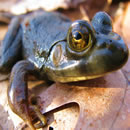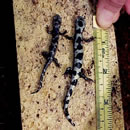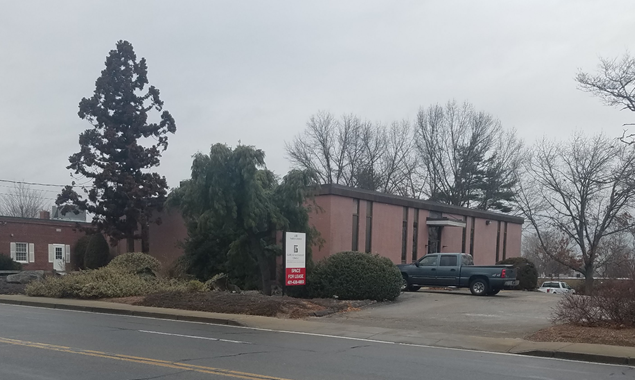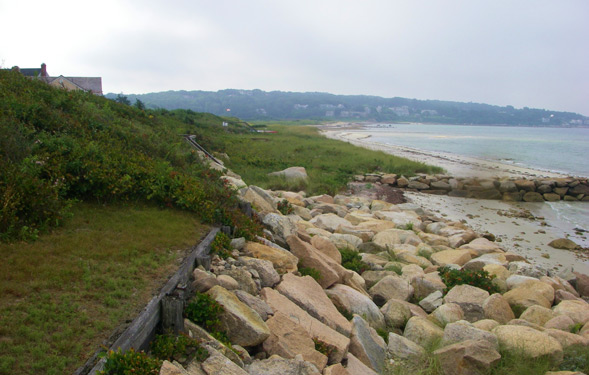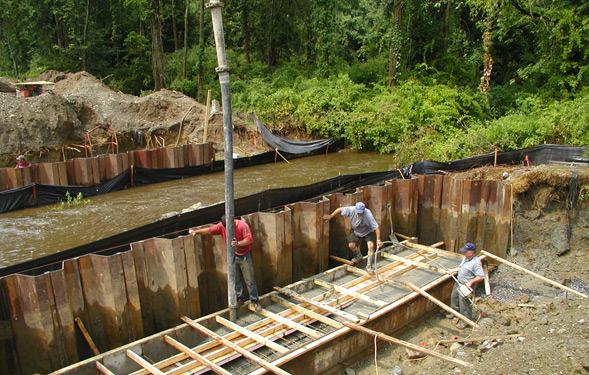Wildlife
click on the title to see more info
Rare and Endangered Species Surveys
LEC conducts a variety of surveys for state-protected wildlife to determine presence or absence on a particular project site or if present, the extent of actual habitat utilization. As part of the project review process, NHESP often requires such surveys to be performed in accordance with pre-established guidelines. Similar to rare plant surveys, NHESP must pre-approve the candidate wildlife biologists before a survey begins. LEC has extensive experience surveying for multiple state-listed wildlife species and is often pre-approved for these services. Throughout the state, LEC has conducted multiple turtle, salamander, and avian related surveys.
Wildlife Habitat Evaluations
Projects that entail development within Riverfront Area, the floodplain, or within other wetland resource areas frequently require wildlife habitat evaluations as part of the alternatives analysis and mitigation process. These evaluations encompass a wide spectrum of habitat communities and can be a critical component of land use and development planning, especially when such permitting involves vernal pools or stream crossings.
Shellfish Surveys
Shellfish are an important renewable resource, significant to marine fisheries and an integral component of the marine benthic community. Shellfish improve water clarity by filtering particulate organic matter from seawater. LEC has conducted numerous assessments of existing shellfish and fisheries populations along the Massachusetts coastline. Our assessments include field surveys of shellfish and other benthic species, and an assessment of sediment condition, density of standing crop in the area, and historic and present use of the area. This information is used to evaluate potential implications from marine development, design alternatives, and appropriate mitigation when impacts are unavoidable.
Essential Fish Habitat (EFH) Assessments
LEC conducts EFH Assessments that include: (1) a description of the proposed project; (2) an analysis of the effects, including cumulative effects, of the proposed project on the EFH, the managed species, and associated species, such as major prey species, including affected life history stages; (3) the Federal agency's views regarding the effects of the action on EFH; and, (4) proposed mitigation. In response to federal agency reviews and Conservation Recommendations, the project is sometimes modified to incorporate additional measures to avoid, minimize, mitigate, or otherwise offset adverse effects on the EFH.
Functional Assessment
Wildlife habitat is an integral component when considering the functions and values of a wetland system. Functions and values for wildlife are inherently linked to understanding site conditions and play an important role in ACOE 404 permitting. This understanding is essential to assessing impacts, project design, potential alternatives, and when necessary, appropriate compensatory mitigating measures.





.jpg)

